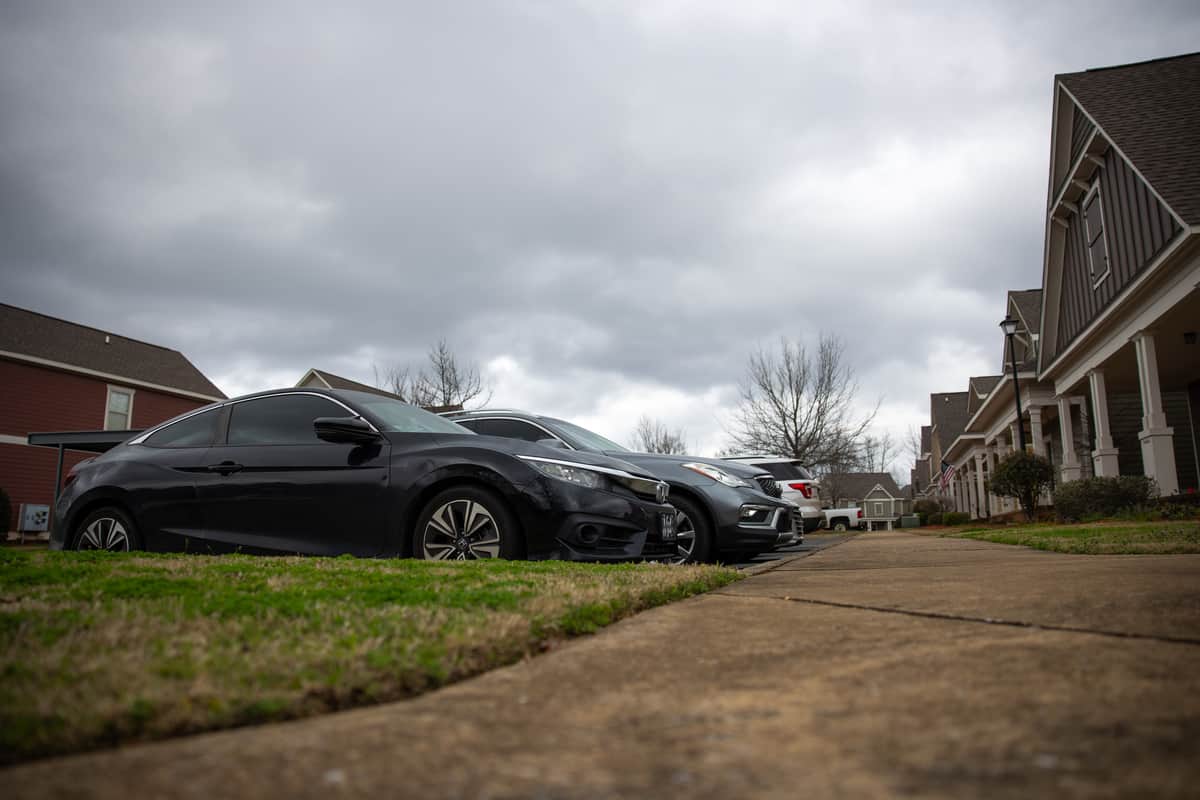I started my college career covering the Tuscaloosa City Council for this paper. In fall 2019, I was fresh out of high school and eager to dedicate my time to understanding local politics. At the time, the City Council was debating its moratorium on apartment complexes of over 200 beds.
Like most people, I felt lost the second the council started talking about concepts like “zoning adjustments” and “comprehensive plans.” What was the difference between an R4 development and an R2 development? You mean to tell me there’s another council of officials who only meet to decide whether someone is allowed to build a garage on their property or to operate a restaurant within a certain distance of a neighborhood?
Long after I moved away from covering city government, I kept learning about how easily local development was dominated by local politics. Even as I prepare to graduate with a master’s in public administration and have founded an organization to teach why the built environment is what it is, I am still constantly finding new quirks about local government.
The bureaucracy of local zoning and planning is labyrinthine. Because of this, it can be difficult to understand what changes should be made.
We all know the rent is too damn high, but what is to be done to change that? We all know that the city’s sewage issues disproportionately harm Black residents, but how did a century of government policy get us here?
If we cannot understand where our problems come from, how can we advocate for solutions?
College students, especially those who can afford $32,000 in tuition, are often insulated from the results of their overly partisan advocacy. It’s easy to spend your time worrying about what Yeonmi Park thinks when your wealth elevates you above the consequences of your politics.
Perhaps the greatest exception to this rule is housing. Everyone — whether you pay your own rent at a minimum wage job or are fortunate enough to rely on family support — has felt pressured by rent increases recently. Tuscaloosa rent increased at a rate of double the national average last year. East Edge even saw rent increase 75% in just two years.
And one of the greatest culprits of housing cost bloat is another obscure, bureaucratic planning rule that you probably haven’t heard of.
Have you ever wondered how businesses decide the number of parking spots that they provide?
Here’s the answer: They don’t. The government (usually) does.
Tuscaloosa’s zoning code, like most other cities in the U.S., mandates a minimum number of parking spots dependent on the type of business. For instance, a restaurant must have one parking space for every 100 square feet of floor space used for business. Funeral homes must have 20 spots per parlor, with one spot per employee and one per related vehicle.
So what does this have to do with your rent hike?
Parking ain’t free. You may not pay to park in a spot — as is the case in almost all of the country’s spaces — but someone paid to put it there. And property developers, regardless of if they’re using that land for a business or for residential purposes, pass the cost of parking on to you.
Depending on the type and size of the lot, parking can cost anywhere from as low as a few hundred thousand dollars up to the tens of millions.
“Free parking” is a myth. You pay for the parking in your apartment complex, but it’s taken out of your rent. You pay for the parking at Mediterranean Sandwich Company — maybe your gyro wouldn’t be so expensive if half of the shopping center’s area weren’t dedicated to empty space.
Requiring businesses to build more parking than necessary is more consequential than simply making products more expensive. It has tangible consequences for the community as well.
Your rent is high because there is hardly any room in the student housing market. We’ve all got to live somewhere, and because vastly more land is used on housing for cars than on housing for people, multinational development corporations like Greystar can jack prices to whatever they want.
Your rent is high because you pay for parking whether you have a parking pass or not. Nationally, rents are about $225 per month higher because of parking. And the cost of parking requirements also prohibits the development of affordable housing. How can you build cheap housing if you’re having to drop tens of thousands for car housing as well?
So what can cities do? It’s simple.
They can eliminate their parking minimums. Businesses would still build parking, of course, but it would be up to business owners to decide how much parking they actually need. Your local Walmart would not have to build an excessive amount of parking that it knows it would never use, even on its busiest days.
While Tuscaloosa isn’t unfurling the banners and waging war on the automobile industry, it is currently making critical steps toward reducing the number of superfluous parking spaces.
It cannot be reiterated enough that the elimination of parking minimums does not mean that you will now have a hard time finding somewhere to park. You will still be able to park just as normal, but the government will no longer force businesses to provide more parking than is ever needed.
In October, the city approved a draft of its zoning code rework as part of the Framework Tuscaloosa project. The city is currently holding public meetings to hear feedback from residents.
The new zoning code is certainly an improvement when it comes to parking minimums. For restaurants and bars, it cuts the minimum number of spaces from about 10 per 1,000 square feet of business area to just 3.5. That’s still a little higher than what a lot of other cities are doing (3 spaces per 1,000 square feet is popular right now). But it’s definitely a great start.
Unfortunately, the city has declined the chance to slash or eliminate parking minimums for residential developments. This is an asinine decision, especially for the areas surrounding the university.
Half of students who responded to a survey I conducted on Veo bikes last semester said they do not drive to campus. If only half of us are driving to campus, why should the other half still have to pay for parking at their own apartments?
The University may charge a high amount for parking, but at least it tells you about it.
Zachary Johnson is a master’s student in public administration. He is also the president of the Alabama Urbanists Coalition Tuscaloosa. Johnson served as The Crimson White’s news editor for the 2021-2022 school year. Opinions Editor Chance Phillips is the treasurer of the Alabama Urbanists Coalition Tuscaloosa.









